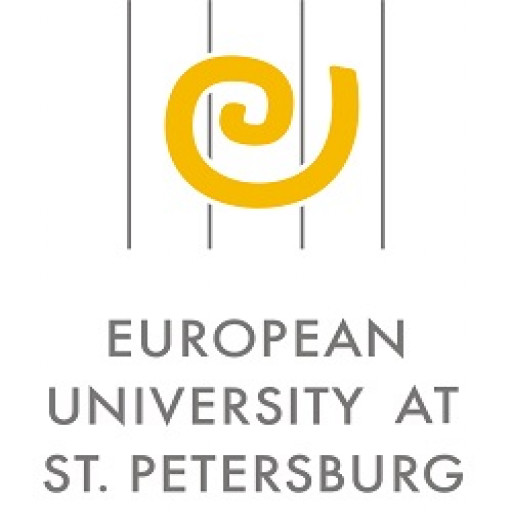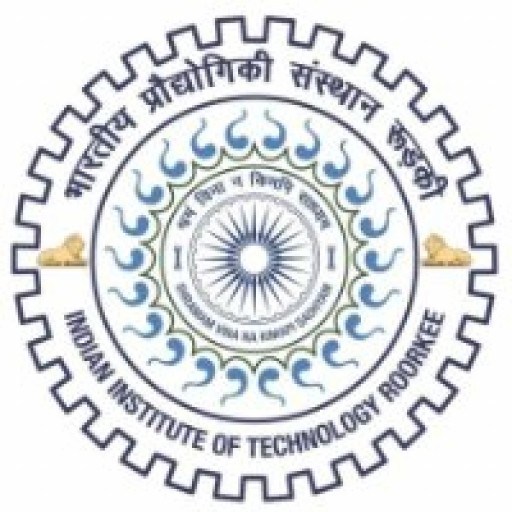Energy Politics in Eurasia (ENERPO Plus) is an interdisciplinary master's program designed to address the complex and dynamic issues surrounding energy resources, policy, and geopolitics within the Eurasian region. This program aims to equip students with a comprehensive understanding of the political, economic, and environmental factors that influence energy development, transit, and security across Eurasia. Students will explore the geopolitical strategies of major energy-producing and -consuming countries, analyze regional energy conflicts, and assess the impact of international organizations and agreements on regional stability and development. The curriculum combines theoretical frameworks with practical case studies, enabling students to develop analytical skills and policy-making competencies relevant to energy governance. Graduates of the program will be prepared for careers in international organizations, government agencies, energy companies, and research institutes focusing on Eurasian energy issues. The program emphasizes a multidisciplinary approach, integrating perspectives from political science, economics, environmental studies, and international law to provide a holistic view of the energy landscape in Eurasia. Through seminars, workshops, and internships, students will gain firsthand insight into the challenges and opportunities within Eurasian energy politics, fostering critical thinking and strategic problem-solving skills. The program also encourages engagement with regional experts and policymakers, facilitating networking and collaborative learning. ENERPO Plus is committed to contributing to the development of future leaders who can navigate the complexities of energy geopolitics and promote sustainable and secure energy policies in Eurasia.
Energy Politics in Eurasia (ENERPO Plus) is a comprehensive master's degree program designed to equip students with in-depth knowledge and analytical skills to understand the complex dynamics of energy policy, geopolitics, and international relations in the Eurasian region. The program explores the multifaceted aspects of energy resources, infrastructure, and security within the context of Eurasia's diverse political and economic landscape. Students will examine the role of major energy-producing and consuming countries, transnational corporations, regional organizations, and international frameworks that influence energy flows and policies across Eurasia. The curriculum integrates theoretical approaches from political science, international relations, economics, and environmental studies, providing a multidisciplinary perspective on how energy governance is shaped by geopolitical interests, economic strategies, and social factors.
Throughout the program, students will engage with case studies of significant Eurasian energy projects, such as pipeline routes, pipeline security, and cross-border energy cooperation initiatives. The program also emphasizes current challenges such as energy transition, sustainability, and the impact of geopolitical conflicts on energy supplies. Courses cover topics like energy security, regional integration, regulatory frameworks, and the role of energy in diplomacy. Students will develop critical analytical skills through seminars, research projects, and practical simulations, preparing them for careers in government agencies, international organizations, consultancy firms, or academia.
The program encourages active engagement with regional policy issues through guest lectures, conferences, and internships. Graduates will be capable of analyzing energy policies, proposing strategic solutions, and understanding the geopolitical implications of energy developments in Eurasia. Emphasis is placed on fostering a nuanced understanding of the interplay between regional stability and energy resource management, as well as the opportunities and risks posed by emerging energy technologies and renewable sources. By completing this degree, students will acquire the expertise necessary to navigate and influence the evolving landscape of energy politics in Eurasia, contributing to secure, sustainable, and geopolitical balanced energy development in the region.
Program requirements for Energy Politics in Eurasia (ENERPO Plus) typically include a combination of academic prerequisites and application procedures designed to ensure that candidates possess the necessary background and skills. Applicants are generally expected to hold a Bachelor’s degree or equivalent in relevant fields such as political science, international relations, energy studies, or related disciplines. A strong interest in Eurasian regional issues, energy policies, and geopolitics is highly desirable. Candidates may need to submit a completed application form, academic transcripts, a motivation letter explaining their interest in the program, and letters of recommendation from academic or professional referees. Proficiency in English is usually mandatory, and proof of language skills, such as TOEFL or IELTS scores, may be required to demonstrate the ability to participate effectively in the curriculum conducted in English. An interview process might be part of the selection procedure to assess applicants' motivation and suitability for the programme. Some programmes at the European University at St. Petersburg emphasize research experience and analytical skills; therefore, prior experience in research projects or publications could enhance an application. Additionally, international applicants may need to provide documentation confirming their legal status and possibly undergo a visa procedure to study in Russia. The academic program itself is designed to integrate interdisciplinary approaches, requiring students to engage with coursework across political science, economics, law, and regional studies. Active participation in seminars, workshops, and possibly internships or field trips related to Eurasian energy politics is encouraged to deepen understanding and practical skills. Overall, the requirements aim to select motivated individuals capable of contributing to and benefitting from a specialized, research-focused curriculum dedicated to energy policies and regional geopolitics in Eurasia.
The Energy Politics in Eurasia (ENERPO Plus) program at the European University at St. Petersburg offers a comprehensive approach to financing studies, aiming to accommodate a diverse student body with varying financial backgrounds. As a graduate program conducted at a prominent private university in Russia, ENERPO Plus provides a range of funding opportunities to support students throughout their academic journey. Tuition fees for the program are structured to reflect the specialized nature of the curriculum, with a focus on international energy politics, Eurasian energy markets, and policy analysis. Prospective students are encouraged to explore scholarship options available through the university, which may include merit-based awards, competitive sponsorships, and government grants designed for international students or professionals seeking further education in energy policy and geopolitics.
The European University at St. Petersburg maintains partnerships with various governmental and non-governmental organizations that occasionally facilitate funding or collaborative projects supporting postgraduate studies in this field. Additionally, students can consider external funding sources such as international organizations, research grants, and private foundations dedicated to fostering expertise in energy studies and Eurasian geopolitics. The university's flexible payment plans and financial aid options aim to reduce barriers to entry and allow students to plan their finances effectively over the course of their studies.
For international students, the university provides detailed information on visa requirements and potential funding options, including scholarship programs specifically targeting foreign nationals. The program encourages applicants to prepare comprehensive financial applications and to contact the university's admissions and financial aid offices for personalized advice. Overall, ENERPO Plus strives to promote accessible education by combining institutional funding mechanisms with external grants and scholarships, ensuring that talented candidates can pursue advanced studies in energy politics without undue financial hardship. While precise figures on tuition fees and available funding per intake are not always publicly disclosed, the university remains committed to transparent and supportive financing processes aligned with its mission to develop expertise in Eurasian energy politics.
Energy Politics in Eurasia (ENERPO Plus) at the European University at St. Petersburg is a specialized graduate programme designed to provide students with a comprehensive understanding of the geopolitical, economic, and environmental issues related to energy resources and policy in the Eurasian region. The programme aims to prepare future experts capable of analyzing complex energy markets, participating in international negotiations, and developing sustainable energy strategies that consider regional security and environmental sustainability.
Curriculum-wise, the program covers a wide range of topics including the history of energy development in Eurasia, international energy law, energy security, regional political dynamics, and the impact of renewable energy transitions. It also emphasizes the importance of regional cooperation and conflict resolution in the energy sector. Students have the opportunity to engage in interdisciplinary learning, combining insights from political science, economics, environmental studies, and international relations to address current challenges.
The programme is tailored for graduates seeking careers in government agencies, international organizations, private energy companies, and research institutions. It offers a blend of theoretical coursework and practical experience, including case studies, policy analysis, and internships. The faculty comprises experienced researchers and practitioners with extensive expertise in Eurasian energy politics, ensuring students receive high-quality education rooted in real-world applications.
Students enrolled in ENERGYPO Plus are encouraged to participate in conferences, seminars, and workshops to expand their professional network and stay updated on contemporary issues. The programme also promotes regional and international cooperation by establishing partnerships with universities and organizations across Eurasia, facilitating student exchanges and joint research projects.
Graduates of the programme are well-equipped to analyze and influence energy policies, contribute to regional stability, and promote sustainable development initiatives. The programme's focus on Eurasia’s critical energy issues makes it particularly relevant in a global context where energy security remains a priority for international stability and economic growth. Overall, ENERGYPO Plus offers a rigorous academic pathway for those committed to shaping the future of energy politics in Eurasia.








